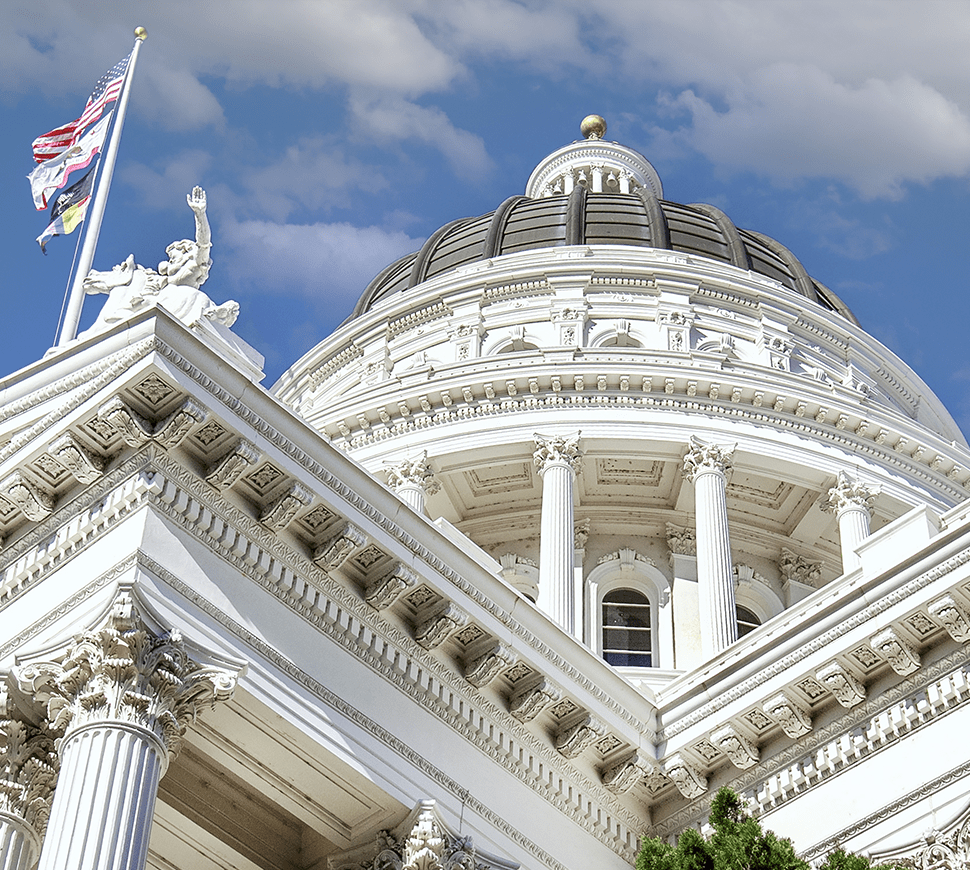We answer questions from our most recent webinar on credit stacking
Decarbonization has become a priority across every industry, and state and federal regulatory legislations cannot accommodate them all at once. This is where the voluntary carbon market shines. But what is the voluntary carbon market? Does your business qualify? And can your efforts be rewarded in both regulatory and voluntary markets? Experts at EcoEngineers answered these questions and more in our webinar on Dec. 20, 2022. Climate Risk Director Roxby Hartley, Ph.D., and Senior Carbon Consultant David LaGreca were the webinar experts. Together they have answered some of the more popular questions from the webinar below. Keep in mind without proper due diligence and knowledge gathering required to answer on specific projects, we are speaking mostly in industry generalities. Watch the full webinar here.
If carbon credits are sold (emissions have been reduced in the creation of such credits), can the project owner claim those reductions in addition to selling the credits?
-
- DL: Short answer is no. There are claims that can be made, but not ones that directly apply the emissions reduction to the project owner.
How does one learn about the Voluntary Carbon Market?
-
- DL: EcoEngineers has a whole suite of training and educational workshops including Carbon Literacy, Voluntary Markets 101, and more. Contact clientservices@ecoengineers.us to learn more. Another good resource is carboncredits.com. News media can be somewhat unreliable due to politicking.
Are removal credits and offset credits worth the same?
-
- DL: Not at this moment. Nature-based removals credits (soils, afforestation, blue carbon) are presently commanding a premium over nature-based offset credits (avoided deforestation, avoided emissions, renewable energy, etc). Biochar, direct air capture, and other novel removal technologies are presently being offered at 10-100 times traditional offset credits.
Can companies operating outside of the US take advantage of credit stacking, too?
-
- DL: Yes, however, 45Q and some other incentives are specifically for US-based operations. Credit stacking is a specialized approach to project finance that must be tailored to the particular geography and policy structure where the activity is taking place.
Beyond California, Oregon, and Washington — and now all of Canada — what do you see as the next state(s) to implement an LCFS program, and when?
-
- RH: New Mexico and New York are the current front runners.
What is the impact of eRINs on credit stacking? ?
-
- DL: RECs generation will likely be impacted, and it may impact the additionality of voluntary carbon credit projects. The program will likely be parallel to RINs as far as how it effects credit stacking with LCFS, voluntary markets, and tax incentives.
How do direct air capture CO2 (DAC), biogenic CO2, and post-combustion credits?
-
- DL: The measurement, review, and verify (MRV) process is different for each crediting approach. Under 45Q of the IRA, the maximum credit value is the same. For voluntary crediting schemes, the various registries treat each one differently (ACR vs VCS). The value of each credit is different as well, with DAC commanding the highest price today, with carbon capture next, and post-combustion being of lower relative value.
Has the EPA approved woody biomass RINs for sustainable aviation fuel (SAF)?
-
- RH: No – but there are multiple projects interested in using lignocellulosic feedstocks for many different fuel.
If your RNG is used to make Hydrogen, can you earn carbon credits also?
-
- DL: Most likely you could earn IRA tax incentives, but the methodology for offset credits using hydrogen requires particular feedstocks and monitoring. It is possible, on a case-by-case basis.
Do you know how long it takes for CARB to approve Sequestration Sites required to be counted for LCFS? Has this successfully been done?
-
- RH: It took CARB about 2 1/2 years, but it has been done.
We hope you enjoyed both the webinar and the extra information provided in this follow up. For more information about carbon credit stacking opportunities, contact Roxby at rhartley@ecoengineers.us or David at dlagreca@ecoengineers.us.




